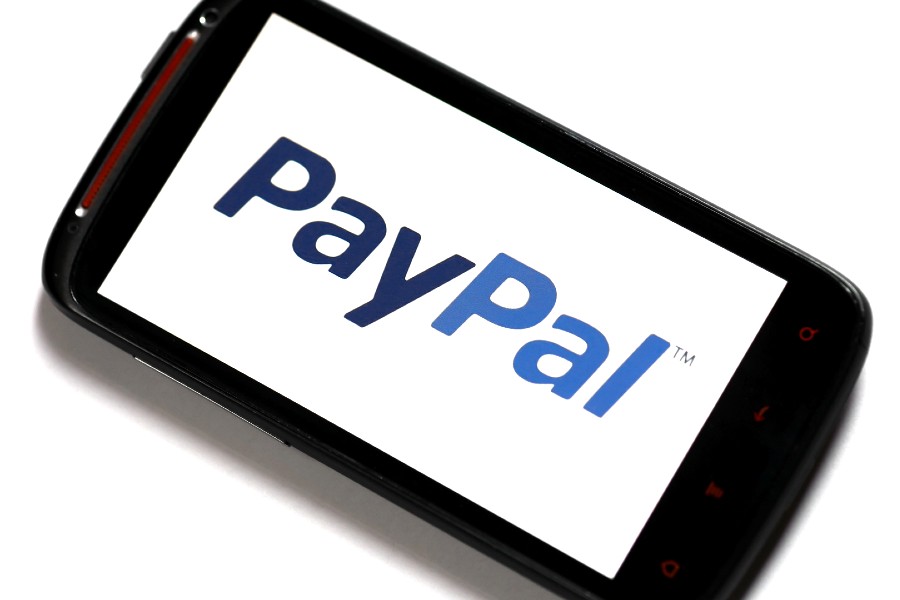
In today’s everything-digital world, most consumers from Harlem to Hollywood have been forced to use non-bank payment apps like CashApp, Venmo, or PayPal.
They do this simply because that’s how some service or some person wanted to be paid.
While using those apps may make life simple, some people build up balances in those apps rather than immediately transferring the money to their bank account.
The Consumer Finance Protection Bureau (CFPB) says anyone doing that is running a big risk because the money stored on those app platforms is often not protected by federal deposit insurance (FDIC).
“The difference is that the money in your app might not be held in an account at an FDIC member bank or NCUA member credit union. This means it might not offer federal deposit insurance,” the agency said.
“The difference is key because the money you keep in your bank or credit union account is insured if the bank or credit union fails. However, deposit insurance does not apply when a nonbank payment company fails.”
What happens if one of these payment apps goes belly up?
When you consider that a number of banks have already fallen on their sword this year, the CFPB’s worst-case scenario is not that far-fetched. Payment apps – just like banks – invest users’ money in loans, bonds, etc., so they can make a little extra cheese on top of service fees. But if an app company goes belly up, are you safe? The agency said the answer is about as clear as mud.
“Your user agreement might be confusing, murky, or even silent on exactly where your money is held or invested. It might not explain whether and under what conditions your money may be insured at a bank or credit union, and what happens in the case of the nonbank payment app’s business failure or bankruptcy,” the agency wrote.
“If the nonbank payment app’s business fails, your money is likely lost or tied up in a long bankruptcy process. You might be standing in line with other lenders to the failed app, waiting to see if you can get any of your money back after the business is unwound.”
Some apps offer ‘pass-through’ insurance
If you’re lucky, the payment app you favor may offer “pass-through insurance” through business arrangements with a bank or credit union, but typically that requires a customer to sign up for additional services such as a company-branded card or choosing direct deposit. However, to be eligible for pass-through insurance, the account must comply with certain rules and regulations set by the FDIC or NCUA.
Even at that, things are still a little shaky. The CFPB says that while pass-through insurance protects against the failure of the bank or credit union where the app holds the money for a user, it doesn’t insure them against the failure of the payment app company.
“This means there could be a risk of losing your money in the event the company fails. If the payment app company followed all the relevant requirements, though, your money could be safe in the associated bank or credit union. Still, there could be risks, like delaying your ability to access your money,” is the agency’s position.
ConsumerAffairs reached out to PayPal Holdings which owns both PayPal and Venmo for comment, but did not immediately get a response.
Editor’s note: Paypal held funds from Harlem World Magazine, Inc., for 6 months without an explained reason, and no contact between Paypal and HWM during this time period.

- Fenugreek Oil Benefits In Harlem And Beyond
- Popular Dog Breeds And Their Unique Traits
- How To Build A Strong Personal Injury Case Uptown And Beyond
- In Memoriam: Of The Legendary Artist, Activist, And Harlemite, Faith Ringgold, 1930-2024
- Trump Stops By Harlem Café After Second Day Of Hush Money Trial
Become a Harlem Insider!
By submitting this form, you are consenting to receive marketing emails from: Harlem World Magazine, 2521 1/2 west 42nd street, Los Angeles, CA, 90008, https://www.harlemworldmagazine.com. You can revoke your consent to receive emails at any time by using the SafeUnsubscribe® link, found at the bottom of every email. Emails are serviced by Constant Contact







